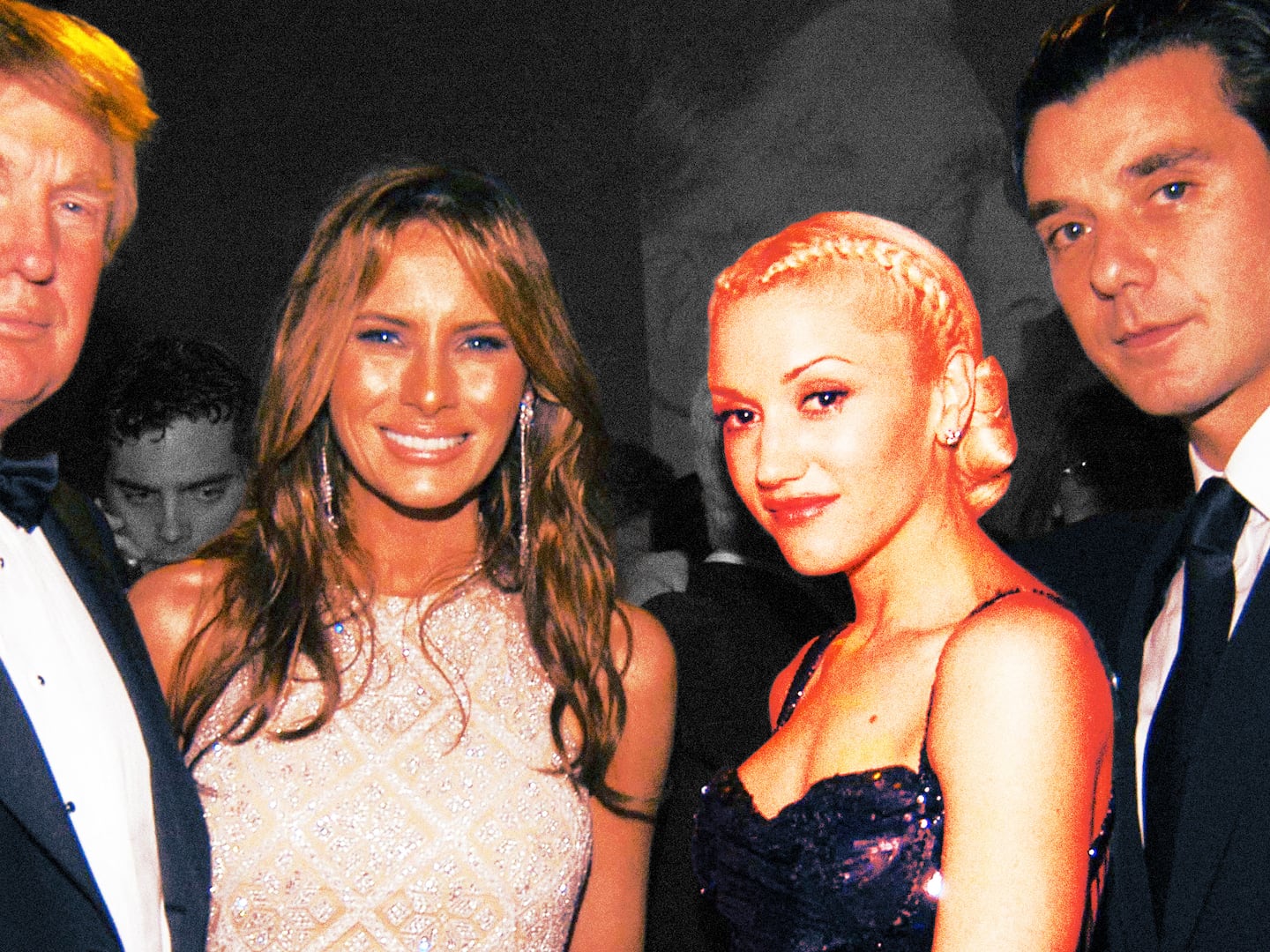Trumpland
Joe Raedle
How the Hell Is Trump 43-0 vs. Campaign Finance Watchdogs?
Undefeated
If it wasn’t already clear that the Federal Election Commission isn’t functional, Trump’s record in campaign finance violations should be revealing.

Trending Now




